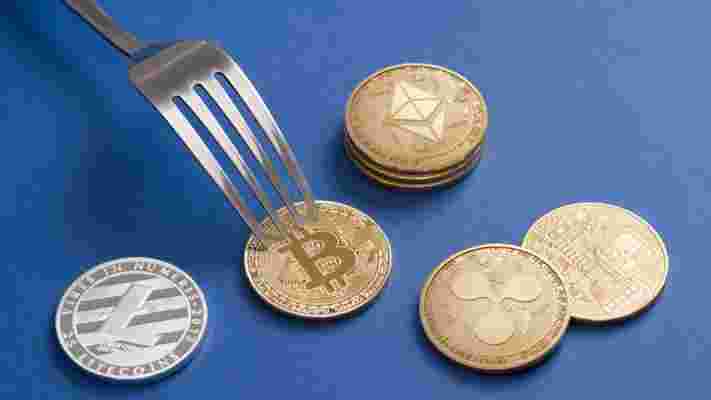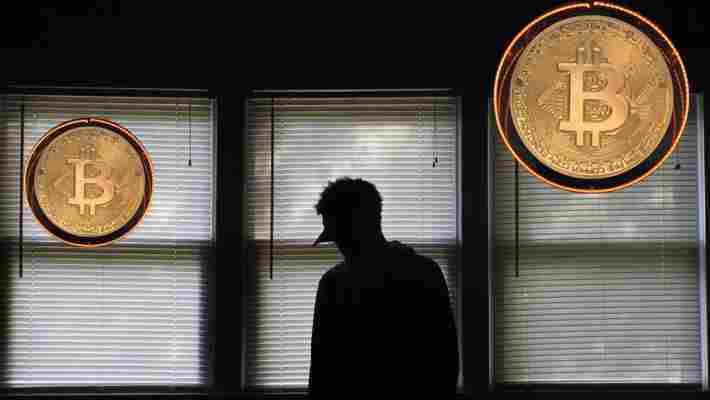Troubled cryptocurrency exchange Mt. Gox is finally inching closer to settling its debt with creditors, some five years after it was hacked.

According to new documents published by Mt. Gox‘s trustee Nobuaki Kobayashi (aka Tokyo Whale, as he’s known in cryptocurrency circles), a decision has been made with regards to creditor‘s claims – they’ve been approved or disapproved – and the Tokyo District Court has been notified. Unfortuantely, though, the decision hasn’t been made public.
The trustee’s decision is due to be known over the next few days, and creditors will be notified accordingly.
The exchange‘s trustee said in the documents that there was no plan to revive Mt. Gox – only to distribute assets (such as cash or cryptocurrency) to creditors if the bankruptcy plans allow it.
If the debt is repaid using cryptocurrency, this will need to be done through an exchange and creditors will have to create accounts to receive their long-awaited funds.
The details
Importantly, the documents reveal sought after details about Mt. Gox‘s balance of exchange, revealing it holds over $629 million (69,553,086,521 Japanese yen) in cash as of March 20.
Additionally, according to the documents, the exchange also has access to 141,686.35 BTC and 142,846.35 BCH as of March 19 – that’s some $593 million based on Bitcoin‘s current price.
The Rehabilitation Trustee is also investigating the possible existence of additional Bitcoin held by the Rehabilitation Debtor, the documents add.
So far, approved claims include 802,521 BTC (worth $3,233,256,500), 792,296 BCH ($124,953,000), $38 million in US dollars, and several other amounts in other fiat currencies, as shown in the table below.
It’s worth noting, though, that there are legitimate concerns about the negative effect on Bitcoin‘s price if the market is flooded with coins as a result of creditor payouts.
Looking back
At the time of its collapse in 2014, Mt. Gox was the biggest cryptocurrency exchange in the world, handling approximately 70 percent of all Bitcoin transactions.
The exchange officially filed for liquidation in April 2014, claiming 750,000 BTC had been lost , although 200,000 BTC were later recovered in a “forgotten” wallet .
Nobuaki Kobayashi was placed in charge of the funds following the failure of former CEO Mark Karpeles – who recently received a suspended prison sentence – to safely operate the exchange.
In August last year, a press release was posted on the Mt. Gox website, along with an online tool for submitting claims, signaling the exchange was getting ready to return $1 billion in stolen cryptocurrency.
Mt. Gox seems to be the story that keeps on giving, but today’s news is likely to be well-received by creditors, who have patiently waited to receive their funds for the past five or so years.
Did you know? Hard Fork has its own stage at TNW2019 , our tech conference in Amsterdam. Check it out .
Blockchain hard forks explained as quickly as possible
Welcome to Hard Fork Basics, a collection of tips, tricks, guides, and advice to keep you up to date in the cryptocurrency and blockchain world.

Cryptocurrency forks are as inevitable as death and taxes. You might have seen recent news detailing the contentious Bitcoin Cash hard fork, and be wondering what a fork actually is.
While every hard fork comes with its own nuances and intricacies , beneath all that is a fairly concrete principle for what a hard fork is and what it is supposed to do. This article will try to explain, as simply as possible, what a hard fork is.
A reminder about blockchain
Before we dive in and start talking about hard forks it’s useful to remember how blockchains are structured. Put simply, a blockchain is a series of verified and chronologically ordered cryptocurrency transactions organized into blocks. These blocks are added by a process called mining.
The transactions of one blockchain will relate to one specific cryptocurrency or token. Naturally, each of these has its own set of rules that dictate how transactions are verified, how many can be verified in each block, and so on. These rules must be followed if you want to mine a specific coin and blocks to that blockchain.
But, what if you don’t like the rules?
Quite simply, if you don’t like the rules, you can change them, and in doing so “fork” the existing blockchain.
When you make a hard fork, you are making a new blockchain, with new rules that are not compatible with older versions. As a result, an entirely new cryptocurrency will be created.
You might think that your cryptocurrency needs bigger blocks to try and lower transaction fees. If some devs agree, and others don’t, you can take the codebase of the original blockchain, update it to allow for larger blocks, and roll out the update to fork the blockchain. It’s then up to the community to decide which blockchain to support: the old one, or the newly “forked” one, or both.
This is what happened with Bitcoin back in August 2017 . A group of developers decided the cryptocurrency needed bigger blocks after transaction fees for the original Bitcoin were getting out of hand. So they wrote a new protocol, started a new blockchain, and with it a new cryptocurrency, Bitcoin Cash.
Fundamentally, when developers instigate a fork, all they are doing is updating, changing, or rewriting the software code that makes a cryptocurrency work.
Hard forks are not the same as soft forks
You might have also heard of “soft forks.” While soft forks operate on the same premise as hard forks, there is one key difference. In a soft fork, the resulting software update is backwards compatible with older versions. In soft forks, there is no new cryptocurrency created, and for the most part business will continue as normal.
Now, next time your favorite coin is talking about “forking” you’ll hopefully know what they’re talking about.
Drug dealers who relied on Bitcoin’s ‘anonymity’ get 30 years behind bars
Members of a Bitcoin-fueled drug ring that used the dark web to import crystal meth into the UK have been sentenced to more than 30 years behind bars.

Most drugs were imported from Canada in a popular comparison website’s freebie toys. T he group is believed to have sold more than 1 kilo of controlled drugs – including cocaine and ecstasy – worth tens of thousands of pounds during a fourth-month period in 2017.
Once sold, dealers distributed the substances to customers through a ‘ring-and-bring’ phone line.
Patrick Palmer, the prosecutor, said approximately $78,000 (£61,000) worth of drugs and at least $58,126 (£45,037) in cash were recovered.
Gang leader Hassan Jalilian, also known as either Josh or Neema, managed the operation from his then-girlfriend Cheryl Scott’s flat in Leeds, Yorkshire. He also recruited former addicts Michael Bendo and Gohar Manzoor to distribute and sell the drugs on the city’s streets.
Jalilian transformed a property in the outskirts of the city into a drug factory. He was in the midst of turning the facility into a gym as a decoy when Border Force officials intercepted various parcels containing drugs.
Jalilian was jailed for 11-and-a-half years and disqualified from driving for seven-and-a-half years. His ex girlfriend Scott was jailed for five years.
Bendo got eight years, Manzoor seven and four months. Manzoor’s wife Razna Begum was handed a 12-month community order, and ordered to complete a 10-day rehabilitation activity requirement.
We’ve covered many stories about criminals using Bitcoin for its purported anonymity, and unless you’ve been living under a rock, you’ll have realized the cryptocurrency is anything but anonymous, and criminals almost always get caught.
Unlike cash, which is completely untraceable, Bitcoin transactions leave a trail on the blockchain, meaning law enforcement can follow the ‘money.’
It goes without saying that Bitcoin‘s reputation has suffered significantly as a result of criminals using it to fund illicit activities, but let’s not forget that cash, which for some reason doesn’t suffer from the same branding problem, affords greater anonymity.
Ultimately, buying drugs with Bitcoin is a really bad idea .
Did you know? Hard Fork has its own stage at TNW2019 , our tech conference in Amsterdam. Check it out .











